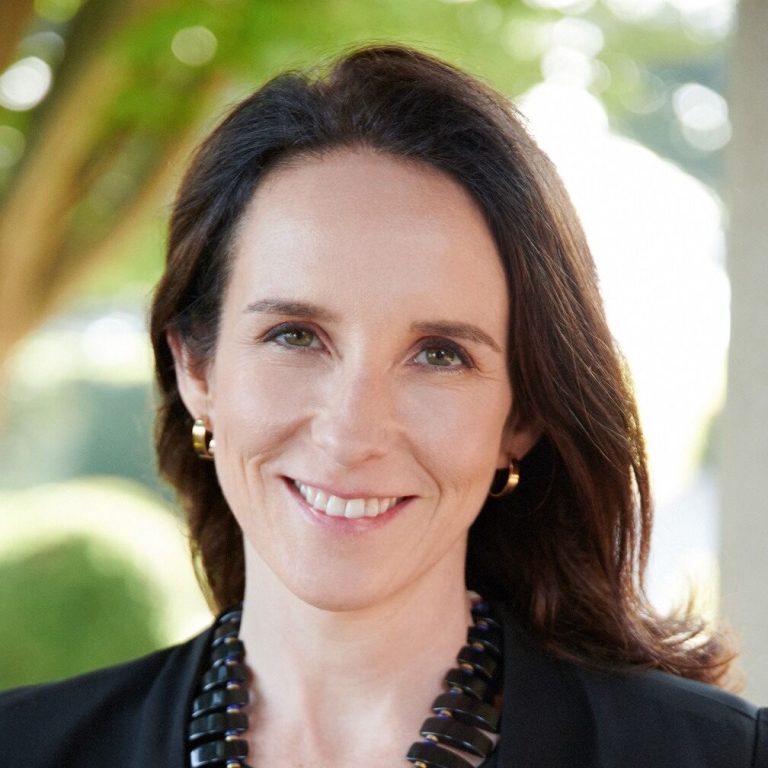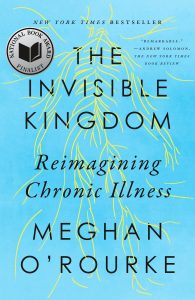
Meghan O’Rourke is a writer, poet, and editor. She is the author of the New York Times bestseller The Invisible Kingdom: Reimagining Chronic Illness (2022); the bestselling memoir The Long Goodbye (2011); and the poetry collections Sun In Days (2017), which was named a New York Times Best Poetry Book of the Year; Once (2011); and Halflife (2007), which was a finalist for the Patterson Poetry Prize and Britain’s Forward First Book Prize.
O’Rourke is the recipient of numerous awards, including a Guggenheim Fellowship, a Radcliffe Fellowship, a Whiting Nonfiction Award, the May Sarton Poetry Prize, the Union League Prize for Poetry from the Poetry Foundation, a Lannan Literary Fellowship, and two Pushcart Prizes.
Currently the editor of The Yale Review, she began her career as a fiction and nonfiction editor at The New Yorker. Since then, she has served as culture editor and literary critic for Slate as well as poetry editor and advisory editor for The Paris Review. Her essays, criticism, and poems have appeared in The New Yorker, The Atlantic Monthly, Slate, Poetry, The Kenyon Review, and Best American Poetry, among others. She is a graduate of Yale University, where she also teaches.
Books

About The Invisible Kingdom: Reimagining Chronic Illness
A silent epidemic of chronic illnesses afflicts tens of millions of Americans: these are diseases that are poorly understood, frequently marginalized, and can go undiagnosed and unrecognized altogether. Renowned writer Meghan O’Rourke delivers a revelatory investigation into this elusive category of “invisible” illness that encompasses autoimmune diseases, post-treatment Lyme disease syndrome, and now long COVID, synthesizing the personal and the universal to help all of us through this new frontier.
Drawing on her own medical experiences as well as a decade of interviews with doctors, patients, researchers, and public health experts, O’Rourke traces the history of Western definitions of illness, and reveals how inherited ideas of cause, diagnosis, and treatment have led us to ignore a host of hard-to-understand medical conditions, ones that resist easy description or simple cures. And as America faces this health crisis of extraordinary proportions, the populations most likely to be neglected by our institutions include women, the working class, and people of color.
Blending lyricism and erudition, candor and empathy, O’Rourke brings together her deep and disparate talents and roles as critic, journalist, poet, teacher, and patient, synthesizing the personal and universal into one monumental project arguing for a seismic shift in our approach to disease. The Invisible Kingdom offers hope for the sick, solace and insight for their loved ones, and a radical new understanding of our bodies and our health.
